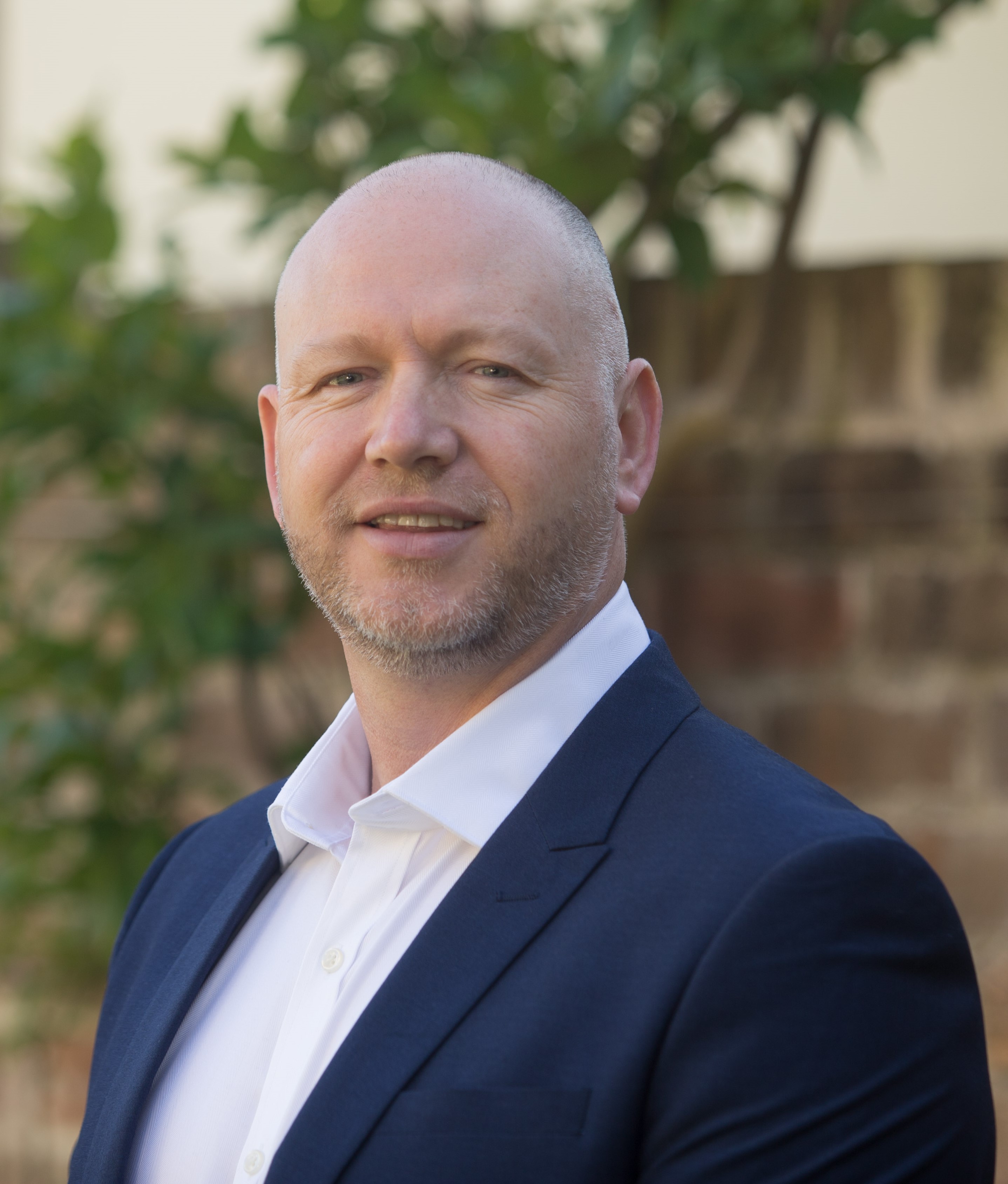Sonjai: Vice President, Business Risk, AVIVA India
Sonjai Kumar, CMIRM
Vice President, Business Risk
AVIVA India
How did you get your job?
My base training has been in the actuarial science area; having spent over two decades in the insurance sector in India. Actuarial science is a field where risks are quantified and a price is placed in a form of premium. I have spent many years in pricing products, doing valuations, performing insurance and financial risk management. This risk management was more from the quantitative side.
Over five years back, I moved into the area of pure risk management where my table got turned. My job now was performing the oversight risk management through review and challenges of the work which I earlier used to do. This allowed me to understand the global view of the life insurance business and interrelationship between different risks and its impact on the key performance indicators of the business.
This change, I started enjoying and spent a lot of time in understanding the various risk policies, its governance structure, three lines of defense model, risk appetite, granularities of enterprise risk management and their overall impact on the economic capital.
Because, I had research bent of mind and knack for reading and writing, I started enjoying the risk management as very natural to me.
What’s a typical day like as a Vice President of Business Risk?
When I moved to the risk management five years back, someone asked me the same question after three months of joining. That time I had real difficulty in answering this question because, in the first line of defense, there is a fixed set of work that needs to be delivered on time. In the risk function, many of the work are dependent on the first line where review and challenge are to be performed. So the work is not fixed.
A typical day of work is not fixed. One of the fundamental differences between the first line of work and second line of work is that in the second line you have to do lot of thinking work on “what if” scenario and looking at the business decision from various risk angle giving 360 degrees view so that none of the risks are left out from the business point of view. One has to keep abreast of latest regulatory development, change in economic and demographic situation, looking at the emerging risk that may impact the business and above all making the first line of defense aware about risk management consciousness.
What do you enjoy most about your job?
It is difficult for me to pick one area that I enjoy the most. The entire risk management is one subject with the overall objective of helping the business achieves its objective by identifying the risks and preempting the mitigation actions. Risk management plays a key role in taking a risk-based business decision. The fundamental purpose of risk management is to enable business take advance action to defuse tail event which could be fatal for the business.
One area where I focus more is on building the risk culture within the organization because without proper risk culture it is like a human without blood.
What are the challenges?
The main challenge that comes is from an understanding of the “risk”. Many times there is a great deal of confusion on what is a risk, what is the difference between risk and issues, and more daunting is risk become subject to personal opinion as “I don’t think this will happen…..”. Or “There is a no risk”. This is primarily due to the emerging level of risk awareness and infancy level of risk culture.
There are also challenges in taking the mitigating action, therefore in my email signature, I have placed following quote so that someone may notice and start applying.
Risk responses are “Acceptance of risk”, “Avoidance of risk”, “Transfer of Risk” and “Mitigation of Risk”.
In what way are your IRM qualifications relevant?
IRM qualification is very relevant to my work; this is because all the modules of the IRM both under Enterprise Risk Management and Financial Risk Management cover the content in well in detail giving strong foundation. This enables confidence in your review and challenge work helping the business in mitigating the risk.
Despite my actuarial background, the IRM qualification has really helped me in getting grips with the concepts and able to disseminate information in a form of write-ups and presentation. I fully agree that International Diploma is a gold standard in the enterprise risk management qualification. This high level is also achieved due to its three hours written the examination and high standard of pass marks.
What would you say to others thinking about joining IRM as a member?
Those who want to make a career in the area of Enterprise Risk Management, this is the best course as I described above about its rigor. The study material along with books is provided by the Institute, there is also a LinkedIn discussion forum. However, in my opinion, the given materials of books and reading material give a good groundwork to pass the exam.
Similarly, Financial Risk management course provides a very good macro-level understanding of the insurance and banking financial risk management. Many of the current development in the insurance and banking level risks are part of the reading material. I would like to make a special mention of details of 2008 economic crisis that is covered in the financial risk management course section.
I would definitely recommend everyone thinking about career in risk management joining IRM and taking the certification based on their need.
How has your role developed and what are your career ambitions? Has being linked to the IRM helped?
The IRM course helped me immensely in getting a grip on the subject. The concepts developed helped me in relating different risk to its natural conclusion. In the year 2017, I got “Risk Officer of the Year 2017” award. Also during last two years, I must have given more than a dozen conference and seminar presentation on different areas of risk management. My passion for risk management is so much that I am writing a book on risk management which is a combination of my articles, risk management concepts and my learning from the experience which I want to share with coming generation interested in risk management and current generation who are interested in knowing more about the risk management at one place.
My vision is to create a risk management forum in India to unite the entire risk management professionals.
Top tips
- The IRM qualification is really rewarding in terms of the knowledge that it imparts. In future, risk management will play pivotal role in adding shareholder value, so those looking for risk management as a career, they must consider IRM
- In the area of risk management, one is to remain dynamic because the internal and external world changes very fast. If it not tracked, giving oversight could be challenging
- I always say, don’t be like a still water, keep moving






